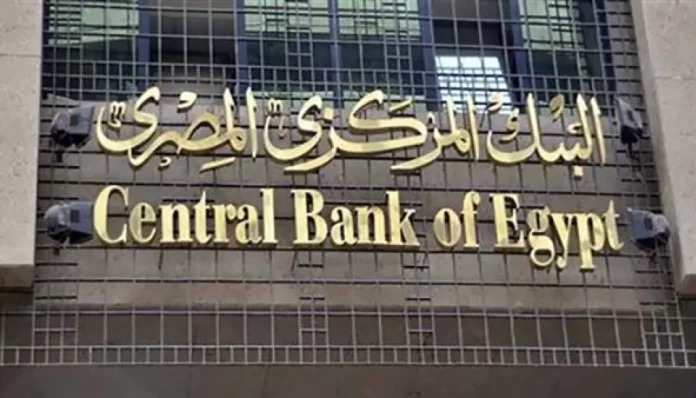The expected move follows the 225 bps cut in April, marking a pivotal shift in the Central Bank’s strategy after a year of turbulent monetary policy. In March 2024, the Central Bank of Egypt (CBE) raised rates by a staggering 600 basis points and allowed the Egyptian pound to depreciate sharply, a key demand from the International Monetary Fund aimed at stabilizing foreign exchange markets and rebuilding investor confidence.
That bold March decision triggered a wave of capital inflows and unlocked critical tranches of foreign aid and debt restructuring, but it came at a high cost for domestic borrowers and businesses.
Egypt’s inflation rate, which peaked at 38% in September 2023, has since plummeted to 13.9% in April 2025, according to official data. This drop gives policymakers much-needed breathing room to support economic growth.
“Despite the uptick in April from March’s 13.6%, real interest rates remain significantly positive,” noted James Swanston, MENA Economist at Capital Economics. “This leaves ample space for the CBE to implement another cut—potentially by 200 basis points.”
Analysts point out that Egypt’s real interest rate (nominal interest rate minus inflation) is among the highest in emerging markets—suggesting that continued easing will not pose an immediate inflationary risk.
This potential rate cut will be watched closely by international investors, many of whom returned to Egyptian debt markets following the March adjustment. As part of the IMF deal, Egypt is expected to gradually liberalize its exchange rate, improve the investment climate, and reduce its public sector footprint in favor of private enterprise.
A senior banking official revealed that internal discussions at the Central Bank signal a strong appetite for continued easing—provided exchange rate stability and foreign reserve accumulation remain on track.
“Policymakers are cautious but optimistic,” the source said. “The focus now is on maintaining credibility while supporting a recovery in consumption and private investment.”
Should Thursday’s decision align with market expectations, it may trigger further gains in Egyptian bonds and moderate pressure on the pound, particularly if foreign portfolio flows remain resilient.
For local borrowers and SMEs, a rate cut would provide desperately needed financial relief after months of costly credit, particularly in sectors like manufacturing, agriculture, and construction that were squeezed during the rate-hike period
